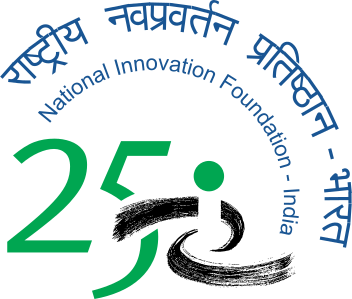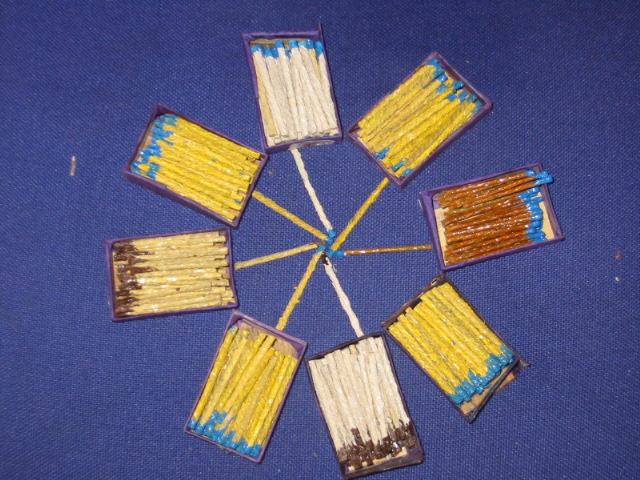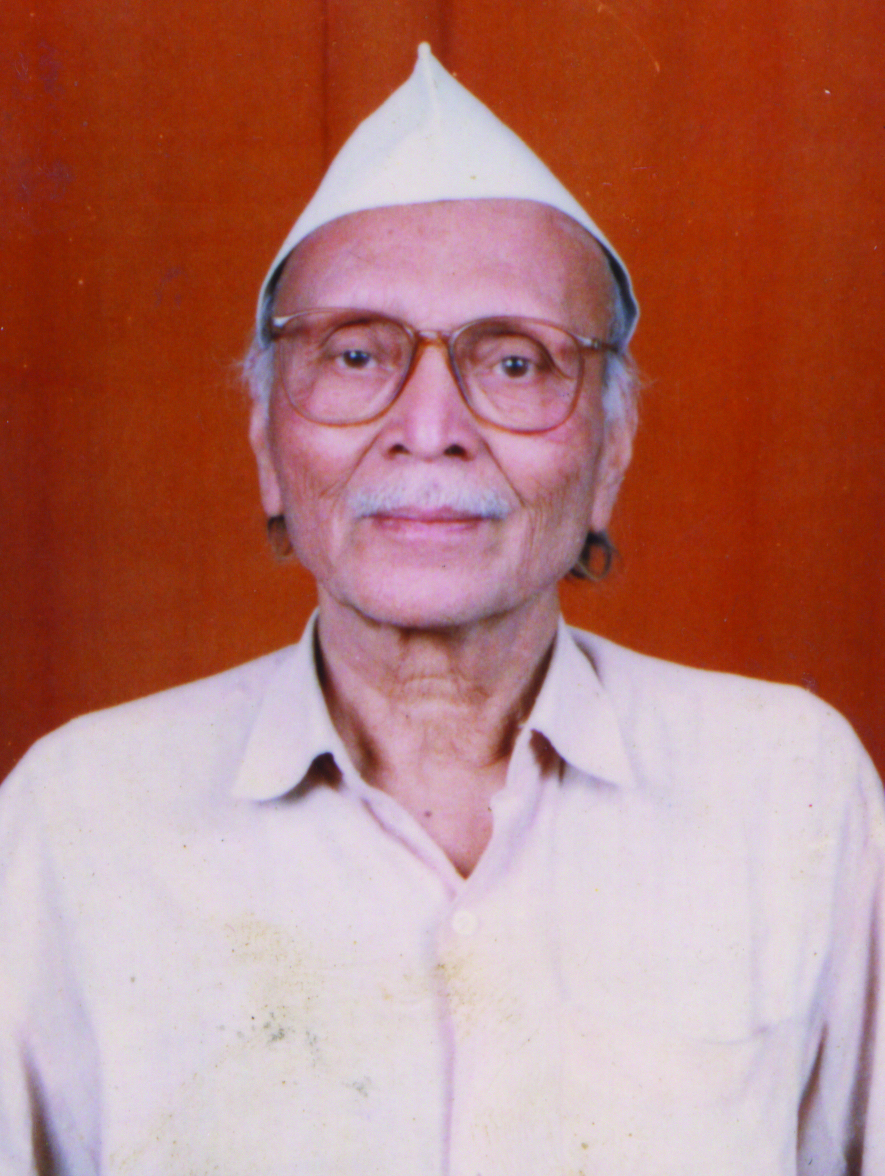Uttam Sambhu Patil (76) hails from Nandurbar, Maharashtra and retired as Head Master from the local High School. Being a science graduate and teacher, Patil was always interested in research and development activities. He put up several science projects at school exhibitions. In 1972 he got the national award for meritorious invention for the pencils he had made out of stalks of jowar. A freedom fighter, he is constantly inspired by any development that has the potential to improve the economy of the country. His two sons are in the technical field and two daughters are married.
Genesis
A number of natural fibres were not being fully utilized leading to the downfall of the industries based on the cultivation and production of such fibres. Then Patil thought of the various alternative products that could be made using natural fibres. One idea that occurred to him was that these fibres could be used to make matchsticks. However, he faced a number of problems while designing the matchsticks, one of which was finding the right binding agent for the fibres. After trying out glue and various other starches, he developed the right combination. Another idea of his was using some natural oil to weatherproof the matchsticks. This would further harden the matchsticks and improve their appearance. The matchsticks would thus burn continuously and extinguish immediately.
At present he manufactures the matchsticks for personal use. He sends the sticks to institutes and other places for demonstration purposes but has not commenced commercial production. He has also provided drawings of the machinery required for making the matchsticks. These machines, once developed, would enable the mass production of matches. He is willing to transfer the technology to established entrepreneurs and help in product development. He has also developed a match strip to replace the conventional matchbox. Patil believes that everybody should have a sense of creativity. Citing his example, he points out that he persisted with his efforts to innovate even though he lacked money and laboratory facilities.
US Patil has successfully developed a process of making splints for safety matches using some natural fibres. The natural fibres are bound by natural starch to give it the required thickness and strength. This is then coated by some natural oils to provide the final finishing. The fibres thus obtained are then cut to the required length/size. After cutting the threads they are dipped into the phosphorus solution to coat the tips with the igniting material.
In comparison with conventional matchsticks these matchsticks burn longer. The matchstick burns slowly but steadily, reducing the chances of the user’s fingers being burnt. Further no harmful chemical is used except the mandatory phosphorus. Preparing these matchsticks is much easier and cheaper than preparing wooden matchsticks which require huge machinery for cutting logs of wood to suitable size. The innovation has a significant impact on the environment and can also change the dynamics of the safety match industry. NIF in coordination with GIAN- West has sanctioned an amount of Rs. 12,500 from its Micro Venture Innovation Fund towards laboratory testing and technology transfer of the matchstick. NIF has also filed the patent and the number is 345/MUM/04, 22.03.04.
Advantages
Eco-friendly with employment generation potential…
As these matchsticks provide an alternative to wood, they reduce the pressure on our rapidly depleting forests and contribute towards maintaining the ecological balance. Afforestation requires decades, whereas these fibres mature in six months, making it a viable alternative. The manufacture of these matchsticks has significant employment generation potential in the small-scale industry sector as well as for women working at home. Even the waste from industries processing natural fibres can be used to manufacture these matchsticks and this assumes relevance in the context of the large amount of agro-waste, which is underutilized in an agriculture-based country like India.








